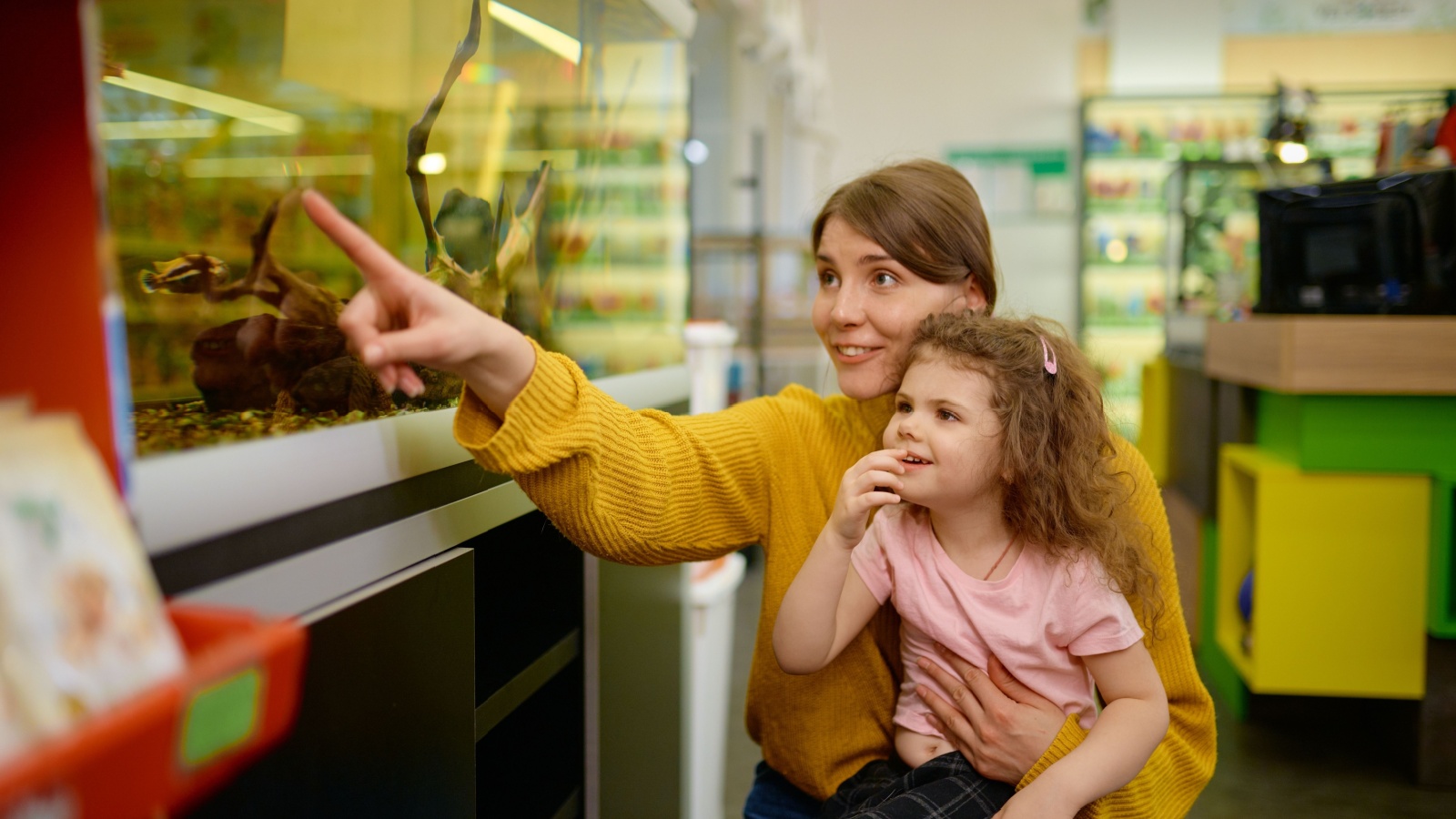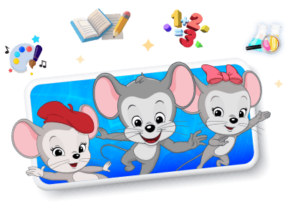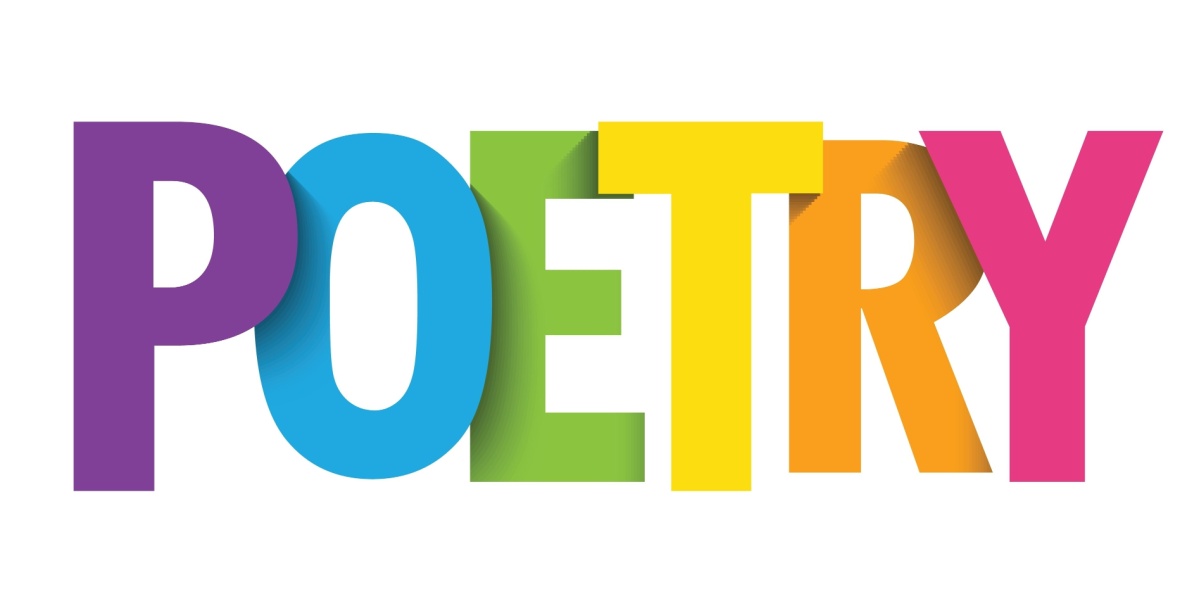
What Is Unschooling?
Learn more about this child-led approach to learning and how to add it to your homeschooling approach.
If you’ve been exploring the option of homeschooling, you’ve probably stumbled on the term “unschooling.” Let’s explore the basics of unschooling, its benefits, and how it can work for your family.
Unschooling is a unique, flexible approach to education that allows children to learn through their own interests and experiences.
What is Unschooling?
Unschooling is a form of homeschooling that emphasizes child-led learning. Unlike traditional schooling where children are taught a set curriculum and follow a defined schedule, unschooling allows children to learn based on their interests and passions. There is no set curriculum, tests, or grades. Children are free to explore their world and learn through their experiences.

Despite its name, unschooling is an active and intentional approach to education rather than a passive and unstructured one. Unschoolers prioritize the process of active learning and personal growth over a structured, traditional academic curriculum.
What Does Unschooling Look Like?
Every homeschool is different, and every family’s approach to unschooling will be unique to their interests, goals, and lifestyle. However, an unschooling family typically sees every moment of the day as a potential learning experience. This tends to be true for most homeschoolers.
In unschooling, learning is based on joining children in their exploration of day-to-day activities. A child’s interests often naturally involve letters and reading; counting and sorting objects; observing nature and landmarks; and understanding their community and the world around them. These topics are explored without formal academic instruction. Instead, learning takes place around real-life activities as they occur and at the pace of the child, following how deeply they want to explore something.

For example, if a child wanted to help cook dinner, their home educator might show them a recipe to follow and discuss measurements and fractions or work on reading the recipe and introducing new words or letter sounds. Learning could even include sensory skills, like how the ingredients feel and smell.
Or, walking by a historic building in town could lead to conversations or research about architecture, new versus old, the history of the community, people who help maintain buildings, and more.
Unschooling trusts a child’s natural curiosity to open opportunities for learning and relies on everyday moments to create a framework for education. Unschoolers can also incorporate educational materials and resources into their learning environment.
Is Unschooling Legal?
Homeschooling is legal in all 50 states, and unschooling is a form of homeschooling. Each state has unique homeschool laws, but no state specifies the legality of unschooling.
If you’re considering unschooling, you’ll want to read the requirements for your state and determine how unschooling fits into the homeschooling steps your state requires.
Some states require detailed recordkeeping, progress reports, portfolios, or mandated subjects. If you’re an unschooler in a high-regulation state, you’ll likely need to track attendance and coursework and create a portfolio of child-led work. As your child follows a self-led path, it’s common for their interests to fall under the umbrella of required subjects.
Benefits of Unschooling
Children who unschool experience growth and development through self-led education. There are many benefits to homeschooling this way.
Love of Learning
Unschooling is thought to encourage a love of learning by allowing children to pursue their interests.

Independent Thinking
Because unschooling prioritizes self-directed learning, children can strengthen their independent thinking skills as they make choices about their education.
Creativity
Unschooling helps to support creativity by giving children the freedom to explore topics in depth and in a way that appeals to them.
Individuality
Each child shapes their learning journey, making it unique to them, which can help to promote individuality in children.
Flexibility
Unschooling can help to create a flexible environment that can accommodate various schedules.
How to Start Unschooling
If you are interested in unschooling, here are some quick steps to help you get started:
- Check State Laws
Check your state’s homeschool laws and determine how to best approach unschooling while following requirements.
- Pick Curriculum
Decide if you will use a curriculum to help support your goals with unschooling. We offer a learning program for children ages 2-8 with ABCmouse and for children ages 8-13 with Adventure Academy. Learn more about both programs below.
- Connect with Others
Seek out other families who use unschooling. You’ll find many online and local communities offer support and resources for homeschooling families.
- Let Children Lead
Follow your child’s lead, letting them explore their interests and passions as intently as they wish.
- Let Go
Let go of expectations. Unschooling has no tests or grades, so relax and enjoy the journey!
Support Your Homeschool with ABCmouse and Adventure Academy
Our digital learning programs are designed by curriculum experts to assist your homeschool and children ages 2 through 13. ABCmouse is a comprehensive online educational platform for children ages 2-8, while Adventure Academy focuses on children ages 8-13. Both programs provide access to lessons on reading, language arts, math, sciences, social studies, and more. Learn more about how each program can enhance your homeschool below.
ABCmouse and Homeschooling
ABCmouse offers over 10,000 learning activities and more than 850 lessons for children, plus a large digital library of books and educational puzzles, songs, activities, and worksheets. The program encourages self-paced learning with motivating rewards and includes progress tracking, which allows home educators to monitor time spent on certain subjects and the number of activities completed.

Then just $14.99/mo. until canceled
As a paid add-on to regular subscriptions, home educators can access the Assessment Center, which allows parents and caregivers to test children on their knowledge, determine successes and struggles, and receive recommended lessons based on assessments.
ABCmouse provides a robust curriculum that can supplement other early learning lessons. It’s trusted resource that’s been downloaded over 10 million times and has a 4.5-star average out of 831.4K ratings.
Adventure Academy and Homeschooling
Adventure Academy combines an interactive world with a curriculum covering reading, language arts, math, science, and social studies. With quests, games, and educational videos and activities, learning becomes an epic journey that motivates kids to explore various topics.
For homeschooling families, Adventure Academy offers an engaging, flexible learning experience that can supplement other educational materials. The program features thousands of activities created by curriculum experts and covers all major academic domains.
Parents and caregivers can choose academic difficulty levels and track each child’s progress, seeing time spent in Adventure Academy, activities completed, and subjects studied.
Adventure Academy emphasizes key topics such as reading comprehension, vocabulary development, mathematical operations, fractions, world geography, American history, physical science, life science, earth science, and scientific inquiry.
For more information, visit AdventureAcademy.com.
More from ABCmouse:
-
Rhyming Schemes for Kids with Examples
Learn what a rhyme scheme is, see examples from poems and nursery rhymes, and discover fun activities to help kids recognize and practice rhyming patterns.
-
Why Rhyming is Important? (Tips for Teaching)
Discover why rhyming is key for early literacy and how it helps kids develop phonemic awareness. Get expert insights and fun activities to teach rhyming.
-
Rhyming Couplets – With Definitions and Examples
Discover rhyming couplets with fun examples, poetry styles, and engaging activities for kids. Explore famous poems and creative ways to learn rhyme!
-
Easy Ways to Teach Blending Words
Teach young readers to blend words with these fun strategies and activities! Discover phonics blending techniques, examples, and hands-on learning tips.
-
Best Rhyming Books for Young Readers
Discover 50 engaging rhyming books for toddlers to second graders! Boost early literacy skills, enjoy playful language, and make reading even more fun.
-
How to Teach One to One Correspondence Made Easy
Discover play-based activities and tips to teach one-to-one correspondence, a key math concept, to preschoolers in fun and engaging ways.







